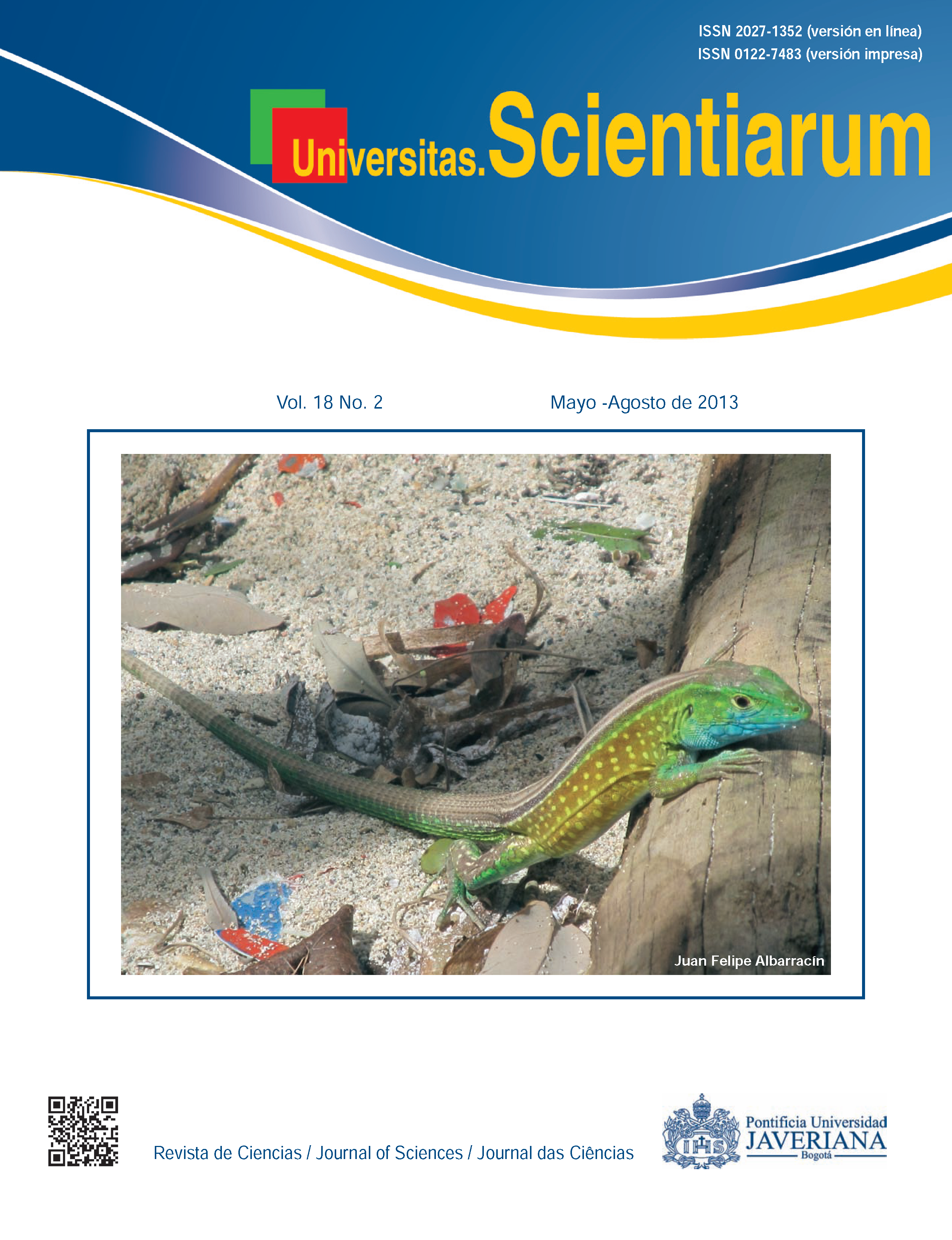Abstract
Despite the evolution of international policy on bioprospecting, Colombian regulations on the matter stilllack uniformity with these international policies. Here we examine the effectiveness of Colombian policyon bioprospecting and its consonance with international guidelines and treaties. To this end, we requestedinformation from the environmental authorities regarding study permits issued for scientific research onbiodiversity and access granted to genetic resources. We also examined the number of research groups inColombia registered under national directives. We found that scientific bioprospecting has increased inthe last five years both in number of research groups (30%) and in the number of registered projects (8times); however, the number of undertakings does not match the number of permits issued, suggestinga margin of informality (70%) in the execution of these activities. For the State to fulfill its duty andpromote research in biodiversity, a change in policy must take place to remove the obstacles that hinderthe legalization of scientific bioprospecting activities.
Univ. Sci. is registered under a Creative Commons Attribution 4.0 International Public License. Thus, this work may be reproduced, distributed, and publicly shared in digital format, as long as the names of the authors and Pontificia Universidad Javeriana are acknowledged. Others are allowed to quote, adapt, transform, auto-archive, republish, and create based on this material, for any purpose (even commercial ones), provided the authorship is duly acknowledged, a link to the original work is provided, and it is specified if changes have been made. Pontificia Universidad Javeriana does not hold the rights of published works and the authors are solely responsible for the contents of their works; they keep the moral, intellectual, privacy, and publicity rights. Approving the intervention of the work (review, copy-editing, translation, layout) and the following outreach, are granted through an use license and not through an assignment of rights. This means the journal and Pontificia Universidad Javeriana cannot be held responsible for any ethical malpractice by the authors. As a consequence of the protection granted by the use license, the journal is not required to publish recantations or modify information already published, unless the errata stems from the editorial management process. Publishing contents in this journal does not generate royalties for contributors.



